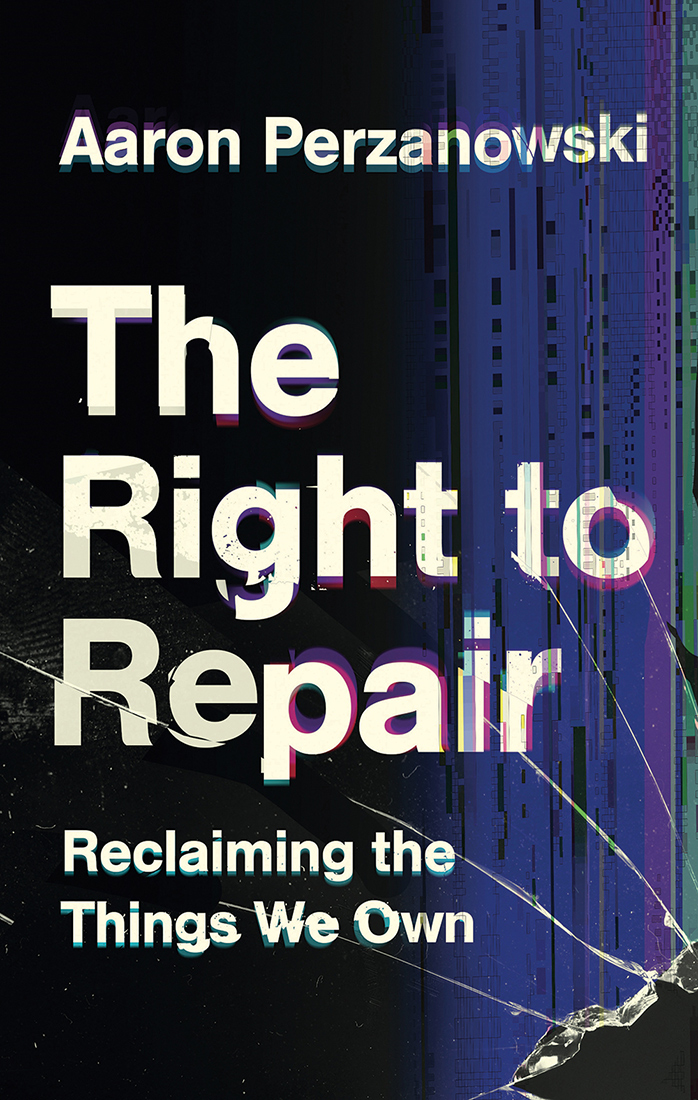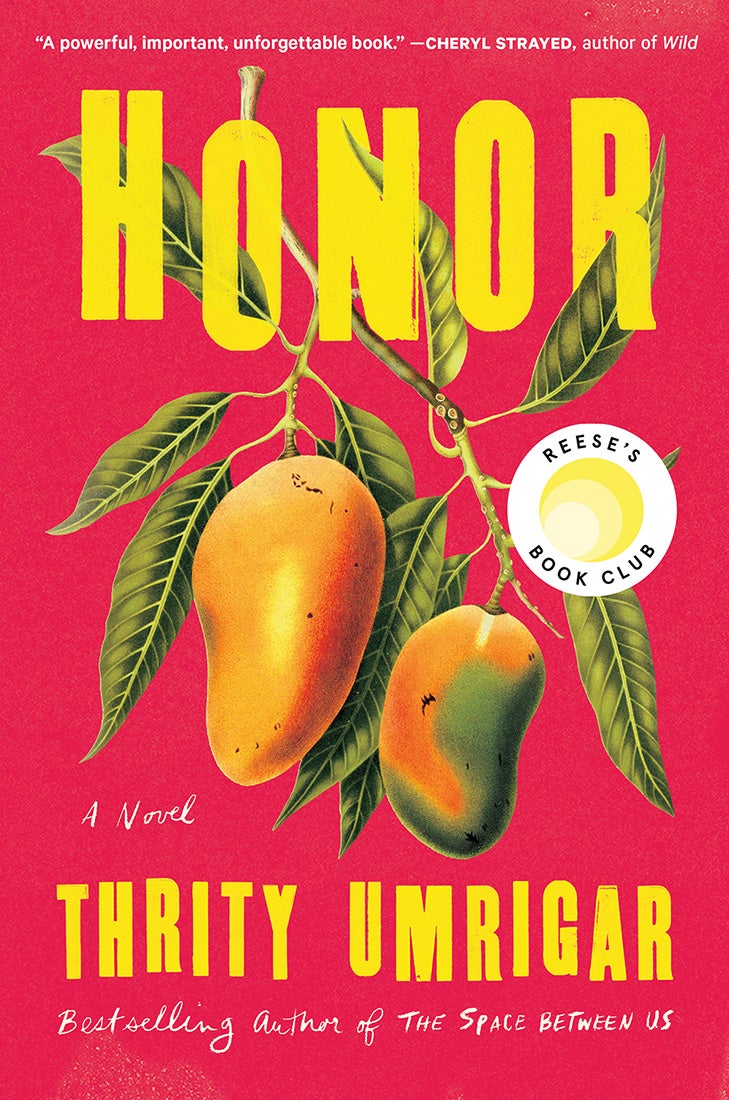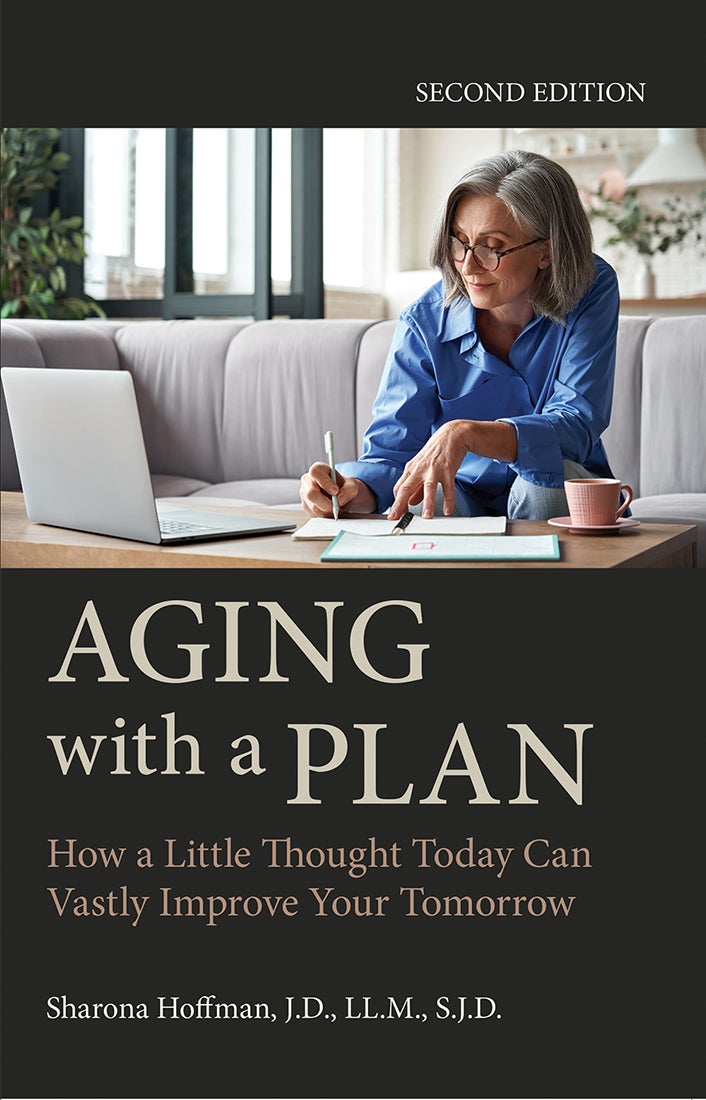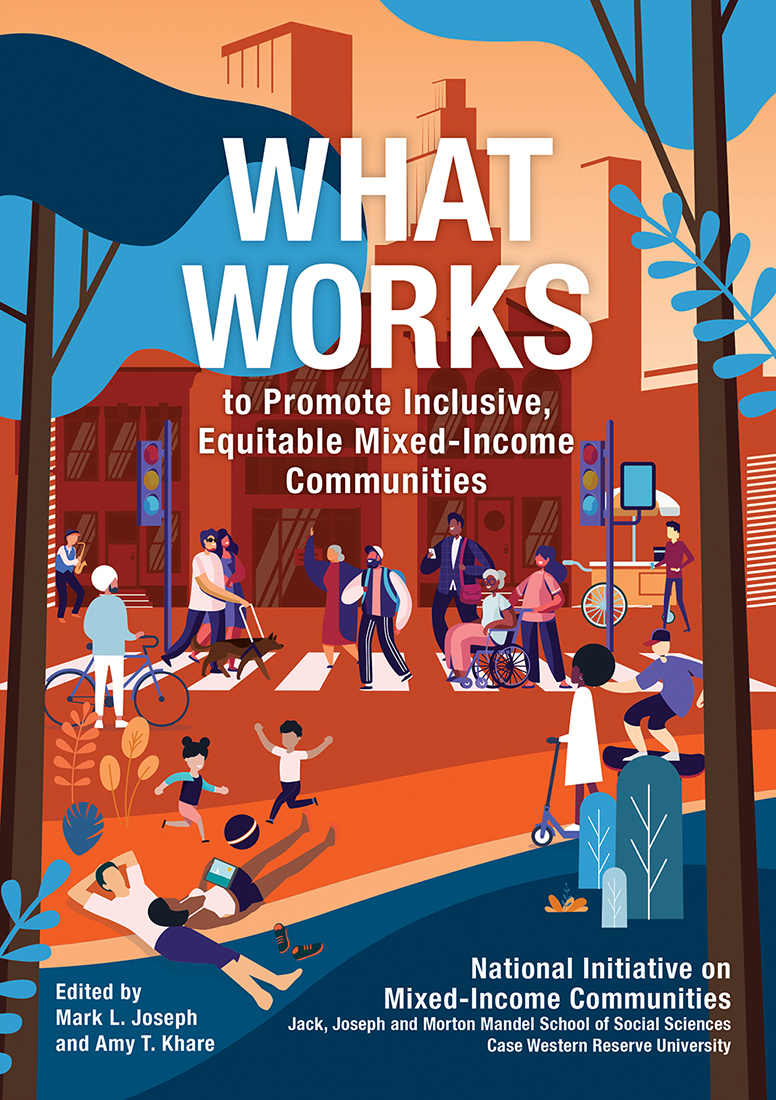lens
A Question of Control
Why tech companies limit consumers’ ability to fix their devices

The objects we buy—from cars to computers to cellphones—have become harder to repair. That’s by design, said Aaron Perzanowski, JD, author of the new book, The Right to Repair (Cambridge University Press).
Manufacturers are consciously making do-it-yourself fixes or repairs by independent shops challenging, if not impossible, said Perzanowski, the John Homer Kapp Professor of Law at the Case Western Reserve School of Law.
Perzanowski writes for a general audience, examining how and why objects that previously could be fixed or modified have slowly become black boxes that can be serviced only by approved technicians.
“Companies can make more by selling you a new product every few years,” he said. “But the other piece of it is that new technologies have really enabled this to happen.” With the software that’s in almost every device, he added, manufacturers can limit the repairs made, the parts used and even who can open a device.
Perzanowski wants to see more legislation requiring repair rights and consumer-friendly education. He believes manufacturers should provide easily accessible repair information before people buy, that “repairability scores” developed by consumer or government agencies should factor into purchasing decisions, and that high schools should offer classes to help cultivate a repair-it-yourself mindset.
While change won’t happen overnight, nearly half of all states have introduced “right to repair” legislation, Perzanowski said. And last July, President Joe Biden issued an executive order aimed at limiting manufacturer repair restrictions.
Perzanowski is cautiously optimistic. “There’s not going to be a day when the fight is over,” he said, “but... we’re slowly moving in the right direction.”

Honor (Algonquin Books) by Thrity Umrigar, PhD, a Distinguished University Professor and novelist. Academy-award winning actress, producer and entrepreneur Reese Witherspoon chose Honor as the January selection for her book club, writing on Instagram that the novel tells a “powerful story” with characters who “stick with you long after you turn the pages.”
In the book, Indian American journalist Smita returns to her native India to write about Meena, a Hindu woman brutally attacked by family members for marrying a Muslim man.
Honor follows the two women as Meena faces an uncertain courtroom fate and Smita contends with cultural values at odds with her own beliefs and a traditional male-dominated society that had hijacked the word “honor” to justify the abuse and murder of women.
Umrigar was born in urban India and raised to prize women’s education and independence.
In an essay published on Reese’s Book Club website, Umrigar wrote that her respect for women who persisted against insurmountable odds gave birth to Meena.
And, she explained, she wanted to reclaim the word “honor” in the novel for the people to whom it belongs—those who allow their love to blind them to surrounding bigotry and “who transcend their own upbringing to imagine a new and better world.”

Aging with a Plan: How a Little Thought Today Can Vastly Improve Your Tomorrow (First Hill Books) by Sharona Hoffman, JD, SJD, a university alumna, the Edgar A. Hahn Professor of Law and co-director of the Law-Medicine Center at CWRU.
The book examines the issues that people face at the prospect of aging and caring for elderly relatives. Hoffman provides recommendations for building sustainable social, legal, medical and financial support systems. She wrote the book after seeking strategies to adopt in her own life. This second edition is fully revised and updated with new studies, statistics and content that includes COVID-19’s impact.

What Works to Promote Inclusive, Equitable Mixed-Income Communities (San Francisco Federal Reserve Bank), edited by Mark Joseph, PhD, the Leona Bevis and Marguerite Haynam Professor in Community Development and founding director of the National Initiative on Mixed-Income Communities (NIMC) and Amy Khare, PhD, a research assistant professor and NIMC’s research director. With more than three dozen essays, the book explores how mixed-income communities can address poverty, racial disparities, segregation and other challenges. It also proposes best practices for developing inclusive, equitable neighborhoods where residents can experience belonging and opportunity.





